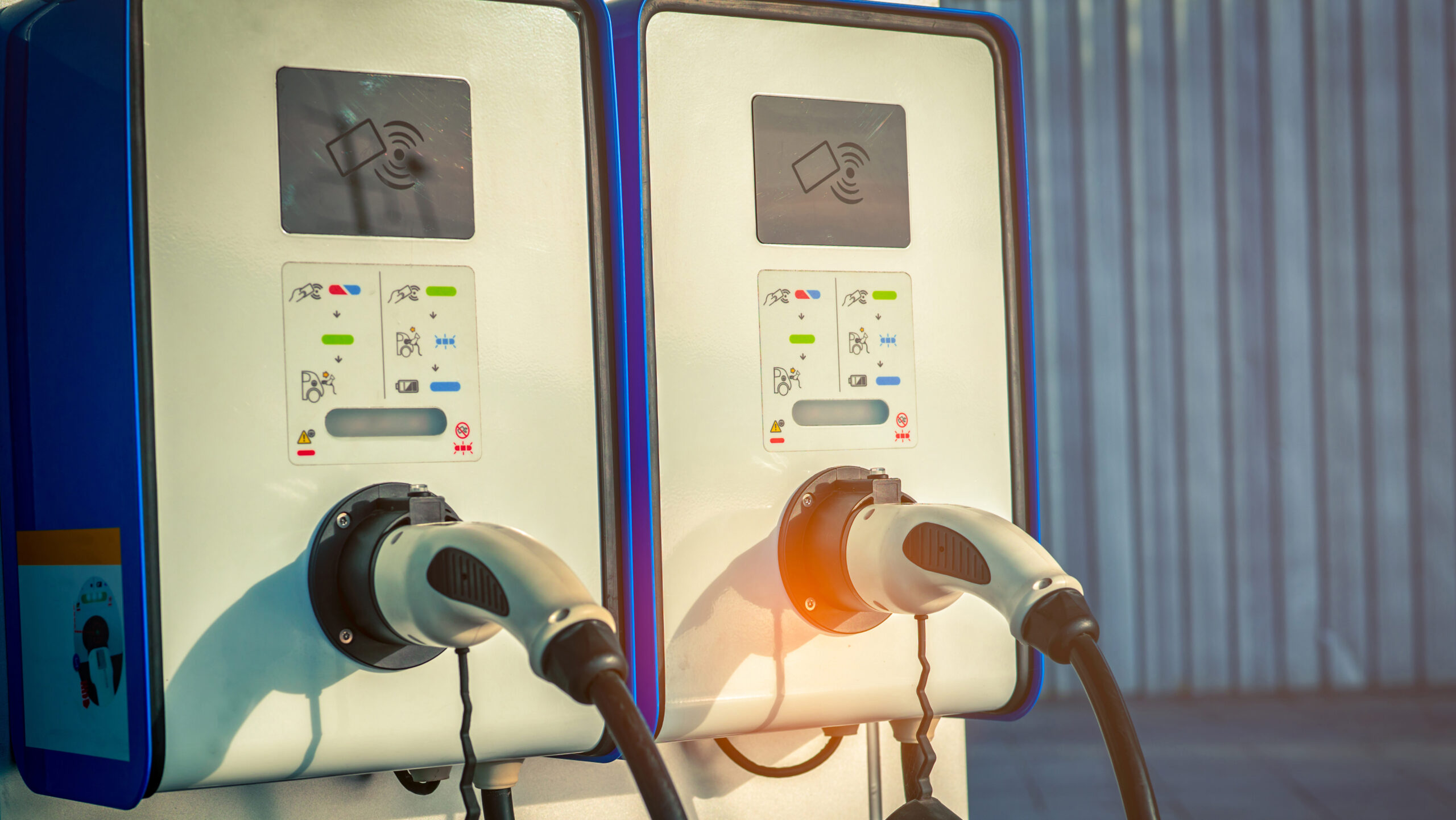Japan is intensifying efforts to transition towards a sustainable economy by investing heavily in green technologies and clean energy solutions. The government and private sector are collaborating to reduce carbon emissions and position Japan as a leader in environmental innovation.
In line with its commitment to achieve carbon neutrality by 2050, Japan has unveiled policies aimed at promoting renewable energy, hydrogen fuel technologies, electric vehicles, and energy efficiency. These initiatives are part of a broader strategy to transform traditional industries and create new economic opportunities while addressing climate change.
The government has allocated substantial funds to support research and development in green tech, offering incentives for companies that adopt sustainable practices. Large corporations in sectors such as automotive, electronics, and energy are accelerating investments in electric vehicle production, smart grids, and battery technologies.
Hydrogen energy has emerged as a focal point for Japan’s green innovation. The country is pioneering the development of a “hydrogen society” by expanding infrastructure for hydrogen production, storage, and distribution. Hydrogen-powered vehicles and fuel cells are gaining traction as alternatives to fossil fuels.
Renewable energy adoption, including solar and wind power, is also increasing, supported by technological advancements and policy frameworks. Japan aims to raise the share of renewables in its energy mix substantially over the next decade, reducing dependence on imported fossil fuels.

Despite these positive steps, challenges remain. High costs of green technologies and limited domestic resources pose hurdles. Japan is also navigating the complexities of integrating intermittent renewable energy into its power grid.
The private sector is responding with innovative solutions to improve energy storage, grid management, and sustainable manufacturing processes. Collaboration with international partners is also playing a critical role in accelerating technology transfer and market development.
Japan’s green push has broader implications for global efforts to combat climate change. As a major industrial economy, Japan’s transition provides a model for balancing economic growth with environmental stewardship. Its advancements in hydrogen and battery technologies, in particular, are influencing global clean energy trends.
For countries like Sri Lanka, Japan’s experience offers valuable lessons in policy design, technology adoption, and public-private partnerships. Opportunities exist to collaborate on renewable energy projects, technology exchange, and capacity building to support sustainable development goals.
In summary, Japan’s commitment to green innovation represents a comprehensive approach to addressing climate change while fostering economic growth. The coming years will be crucial as policies take effect and technologies mature, shaping the country’s path to a sustainable future.




